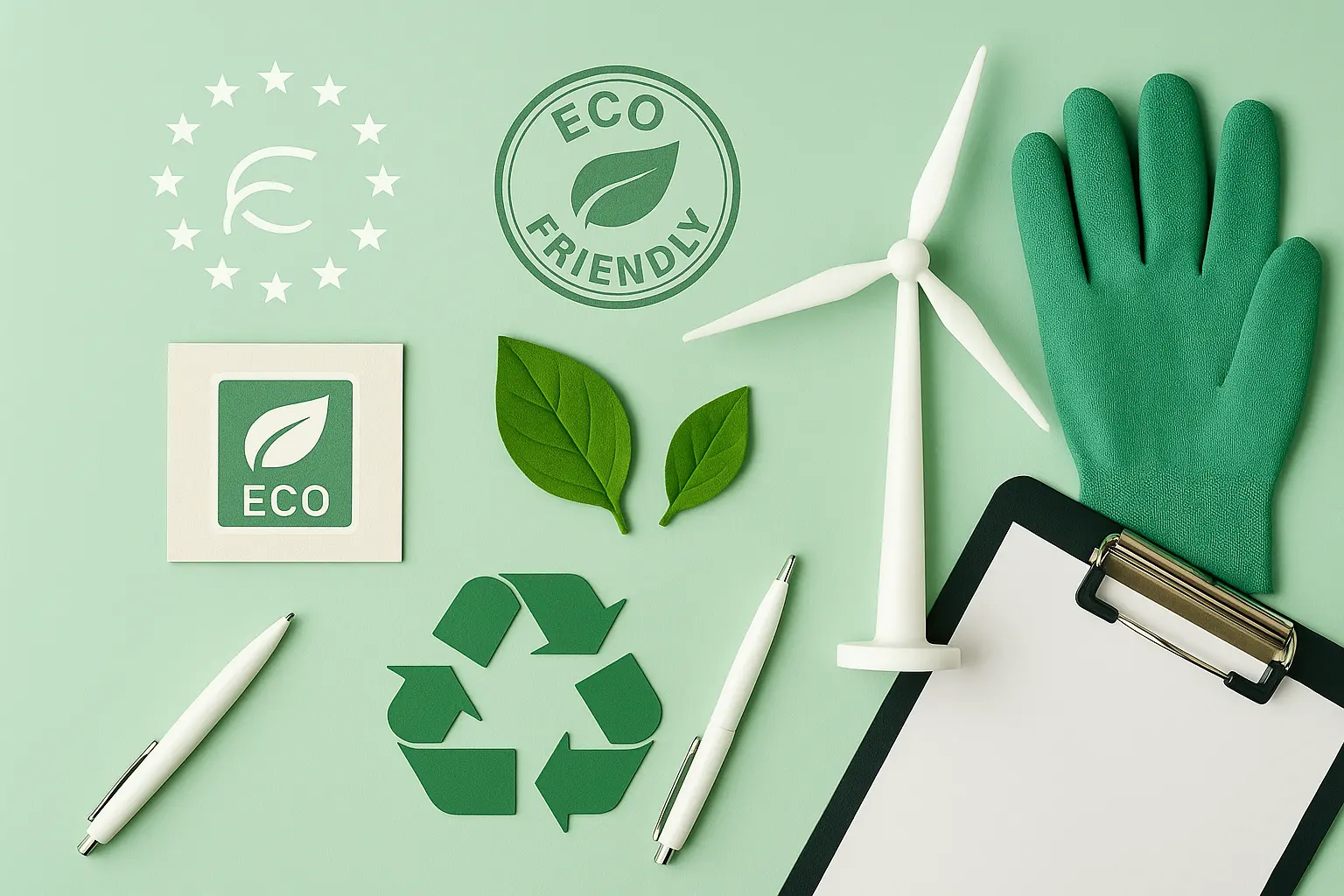Zero Waste Certification
The Zero Waste Certification is a rigorous process designed to ensure that organizations and facilities operate in a manner that minimizes waste generation, maximizes recycling, and promotes sustainable resource management. This certification is crucial for businesses aiming to align with the global shift towards sustainability, reduce environmental impact, and meet regulatory requirements.
Zero Waste goes beyond mere recycling; it involves reducing waste at its source through better design, production processes, consumption patterns, and waste recovery methods. The certification process evaluates various aspects of a facility’s operations, including waste generation rates, recycling programs, composting initiatives, energy efficiency measures, and overall environmental impact.
The journey to Zero Waste Certification typically begins with a comprehensive audit of current waste streams and resource use. This audit helps identify inefficiencies and opportunities for improvement. Following the audit, facilities implement targeted strategies aimed at reducing waste, increasing recycling rates, and minimizing landfill contributions. These strategies may include process improvements, changes in procurement practices, and enhancements to existing recycling programs.
Once implemented, these initiatives are monitored closely over time. Key performance indicators (KPIs) such as waste generation per unit of production or service, recycling rates, and energy consumption are tracked regularly. This data is crucial for assessing the effectiveness of the Zero Waste plan and making adjustments where necessary.
The certification process also emphasizes education and awareness among employees and stakeholders. Training programs on sustainable practices, proper waste sorting, and resource conservation help foster a culture of environmental responsibility within the organization. Engaging with customers and suppliers about sustainability goals further strengthens the commitment to reducing waste throughout the supply chain.
To ensure transparency and accountability, certified facilities undergo periodic reviews by independent auditors who verify compliance with certification criteria. These audits provide valuable feedback for continuous improvement efforts. By adhering to stringent standards and engaging in ongoing evaluation, organizations can achieve a higher level of sustainability that benefits both the environment and business performance.
Why It Matters
The importance of Zero Waste Certification cannot be overstated in today’s world where environmental challenges are increasingly pressing. By obtaining this certification, businesses demonstrate their commitment to sustainable practices and set an example for others to follow. This not only enhances public image but also contributes significantly to global efforts aimed at mitigating climate change.
Implementing Zero Waste strategies leads to tangible benefits such as reduced operational costs due to lower waste disposal fees, improved resource efficiency resulting in savings on raw material purchases, and enhanced brand reputation among environmentally conscious consumers. Moreover, companies that prioritize sustainability often experience increased market share and stronger competitive positioning in the marketplace.
In addition to economic advantages, Zero Waste Certification plays a vital role in fostering innovation within industries by encouraging creative solutions for waste reduction and resource recovery. As more organizations adopt these practices, it drives advancements in technology development related to recycling processes, renewable energy utilization, and circular economy models.
Regulatory compliance is another critical aspect addressed by Zero Waste Certification. Many governments around the world are implementing stricter regulations concerning waste management practices. Achieving certification ensures that an organization remains compliant with existing laws while being prepared for future legislative changes. This proactive approach helps avoid potential fines or penalties associated with non-compliance.
Lastly, engaging in Zero Waste initiatives contributes positively to society by promoting healthier communities and ecosystems. Cleaner air, water, and soil result from reduced waste generation, which ultimately leads to better quality of life for all inhabitants. By adopting sustainable practices like those required under this certification program, businesses contribute directly towards achieving the United Nations Sustainable Development Goals.
Applied Standards
| Standard Number | Description |
|---|---|
| ISO 14001:2015 | This international standard provides a framework for environmental management systems that can be integrated into an organization's overall business strategy. It helps identify and mitigate risks associated with environmental impacts. |
| ASTM D7893-16 | American Society for Testing and Materials standard defining requirements for measuring landfill biodegradability of plastic materials used in packaging applications. |
| EN 15257:2014 | This European Norm specifies criteria for compostable plastics based on their ability to decompose into soil conditions during specified time frames. Compliance ensures compatibility with existing organic waste management systems. |
| IEC TS 62899-2 | International Electrotechnical Commission technical specification addressing energy efficiency labeling for residential water heaters. |
The certification process closely aligns with these standards, ensuring that facilities meet internationally recognized benchmarks for environmental performance. Compliance with such standards not only enhances credibility but also facilitates easier compliance with local regulations and international agreements related to sustainability.
Customer Impact and Satisfaction
- Increased customer trust and loyalty due to transparent efforts towards sustainability.
- Potential increase in sales from eco-conscious consumers who prefer brands that demonstrate environmental responsibility.
- Better relationships with suppliers who share similar values regarding waste reduction and resource conservation.
- Enhanced reputation among stakeholders including investors, employees, and local communities.
Customer satisfaction is a direct result of the positive changes brought about by Zero Waste Certification. Consumers appreciate companies that actively work towards minimizing their ecological footprint. This can lead to higher customer retention rates as well as new business opportunities through partnerships with environmentally focused organizations.





